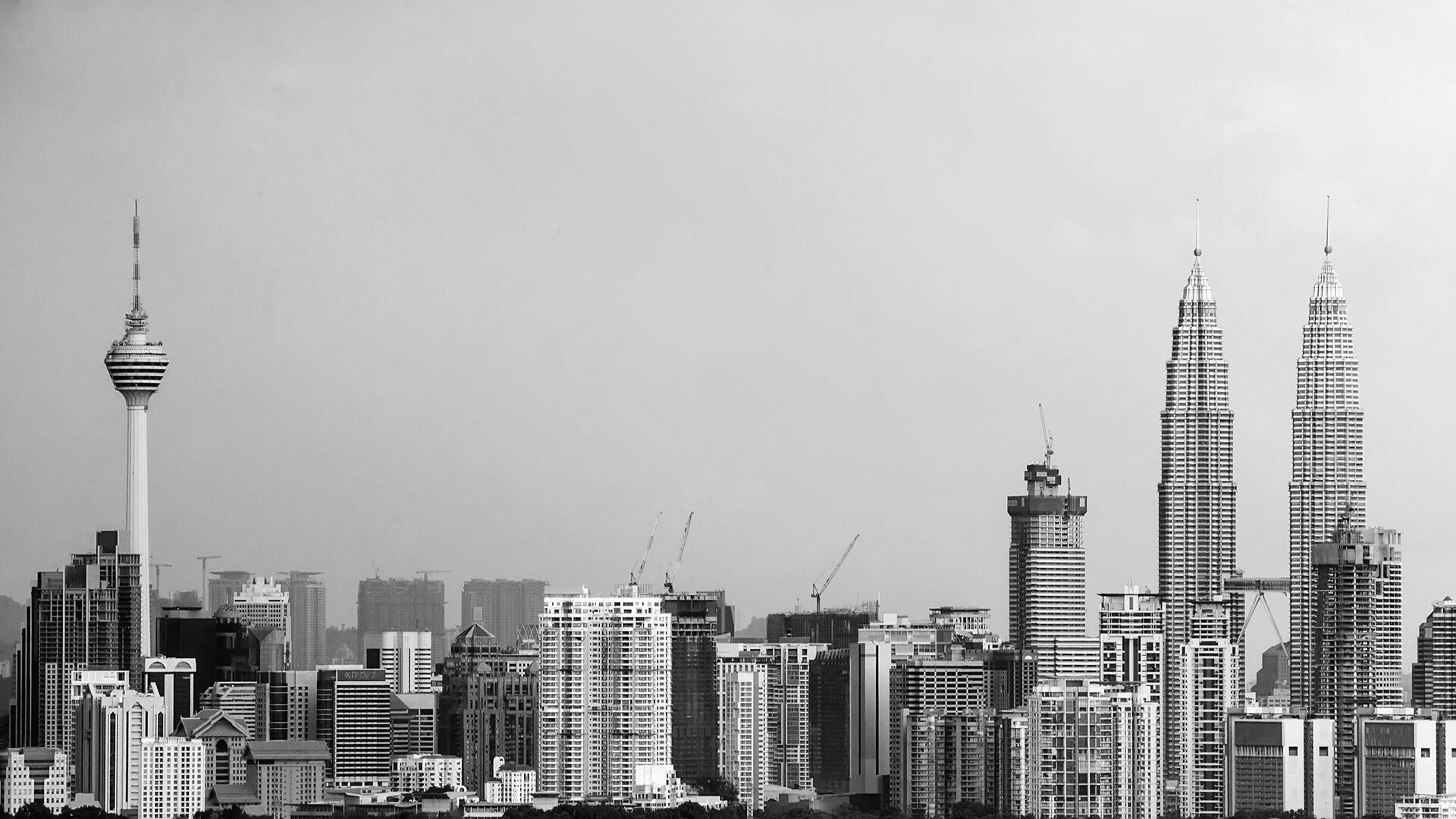Switzerland has long adopted a pragmatic approach in dealing with illegal assets deposited by politically compromised persons in Switzerland, both as a major international financial center and as a dedicated partner in development cooperation.
Switzerland has a framework of measures for protecting its financial center and freezing and repatriating illegally acquired assets of politically exposed individuals. It can take immediate action to freeze assets which are often lengthy and complex in anticipation of investigative proceedings and mutual legal assistance.
Asset restitution is a lengthy process with lots of political, legal and administrative hurdles. To repatriate properties effectively is always a delicate balancing act. There is a need to respect legislative time limits and to provide grounds for appeal decisions. Even in the case of politically compromised persons’ illicitly obtained properties, fundamental rights such as property rights must not be limited without following those laws.
According to its policy of repatriating illicitly obtained assets, Switzerland is returning approximately USD 1.3 million to Turkmenistan, which was confiscated in Switzerland.
The funds will be harnessed into a United Nations Development Program (UNDP) health program, said Swiss Federal Ministry of Foreign Affairs.
Ambassador Corinne Cicéron Bühler, Head of International Law Division, entered into an agreement on 15 January 2020 in Berne between Switzerland, Turkmenistan and the UNDP. The restituted funds will be used to part-finance a UNDP initiative and to acquire anti-tuberculosis medicines.
Through working together on this project Turkmenistan and the UNDP seek to provide secure, high-quality healthcare, ensuring that the poorest parts of Turkmen society have links to the health services they need.
The restitution mechanism selected is in line with Switzerland’s strategy to freeze, confiscate and return illegally acquired assets from politically exposed persons (“Asset Recovery”). Restitution of the funds will help the country’s population and will draw on the values of transparency and accountability. The restitution, therefore, makes a positive contribution to the adoption of the 2030 Sustainable Development Agenda.


